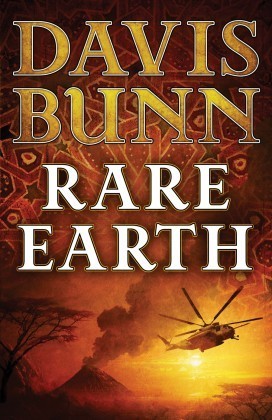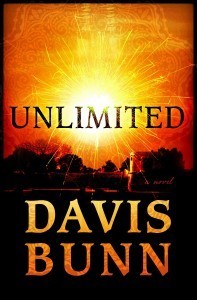Eagle-Eyed Readers Spot Errors in My Books
I recently read Rare Earth. Overall I enjoyed it, and it was great to read a strong Christian hero novel.
I have spent a great deal of time in Kenya, and am married to a Luo. I was a little surprised at some of the inaccuracies in giving the Luo stories, in some of the language confusion (Yebo of course being Zulu), and the overstatement of the dangers of Kenya, Nairobi, and even Kibera. Of course there is the chance of being robbed, but other than that, I and so many others love walking the streets of Nairobi, and have wonderful ministry in Kibera.
I run a disaster response organization, and have traveled fairly extensively. One of my great concerns is this fear, particularly within the Missions community. Over and over I meet missionaries that do live in this kind of fear, and in complete isolation from the culture, and particularly the genuine strength and beauty in so many local churches.
Thank you for the writing you are doing, and I hope to read other books of yours in the future. If you are ever back in Kenya and want to find the joy of the streets and in Kibera please let me know, and I can connect you with various in-laws and Christian Kenyans who can take you around the city and the slums.
Dear Brian,
It was great to hear from someone with your background, and to learn that despite the areas of disagreement you still enjoyed the tale. I realize that many people who travel, work, and serve in these areas do so with complete safety. But everything I used as action scenes were in fact taken from real-life incidences.
It is also important to remember that this was a suspense drama. Just like people do not expect to be attacked on the streets of Washington after seeing a film about espionage, so too is it important to understand the emotive structure of a novel.
I am an avid fan of yours and have read almost every book you’ve written. Currently I’m reading Unlimited.
A little disappointed though that some Spanish words/customs were not checked and are incorrect. “Padron” is not a word in Spanish. It is Patrón ( with an accent on the “o”) and it means boss or chief.
Also, OJ as an abbreviation is awkward to say in Spanish but “Oji” would have been a good choice.
I will happily send along other ideas if you’re interested. Since I’m a native speaker and a Spanish teacher with a Ph.D., I’m well qualified!
As always, I’m enjoying your style and wit!
Dear Pat,
While I’m indeed very glad that you enjoyed the story, I am so sorry to learn of the errors you discovered in the script. Because I do not speak Spanish (German, Italian, some French), I entrusted the manuscript to proofreaders.
As always we do still come across issues at the published state that we wish had been found earlier. But ‘patron’ will most certainly be altered.
As for the ‘OJ’ issue, on this point I can assure you that the locals do indeed refer to their home town in this manner, actually using the English way of saying the letters.
This entire project was a learning experience for me. I left the US and North America for Europe and then Africa when I was twenty, and have not traveled Mexico, Central or South America. Everything you find in this story comes from people who have lived and worked there all their lives, including a number of amazing new friends who have managed to survive the current difficulties in Juarez.
In any case, I thank you for writing, and am grateful for the keen eye you showed to the text.











